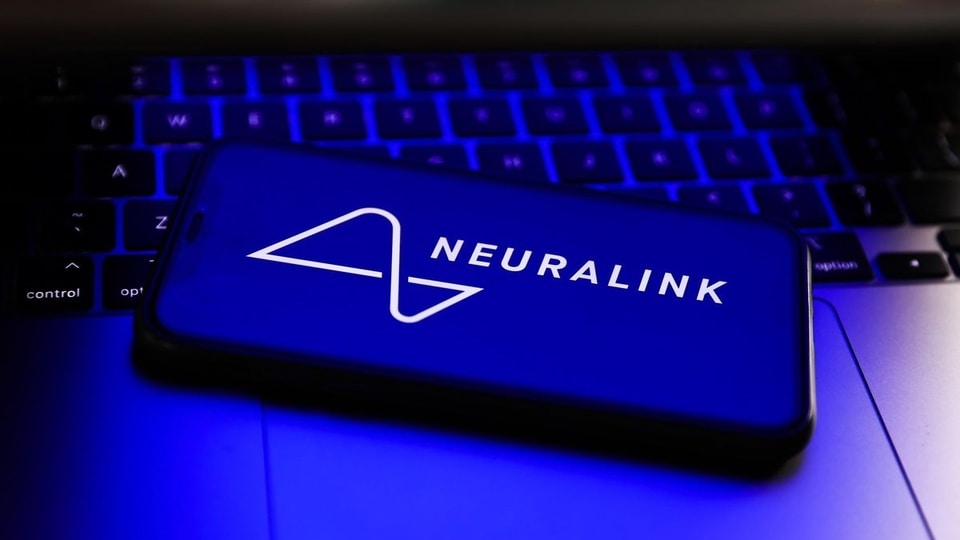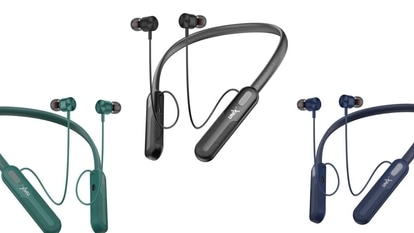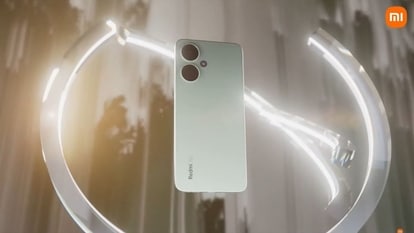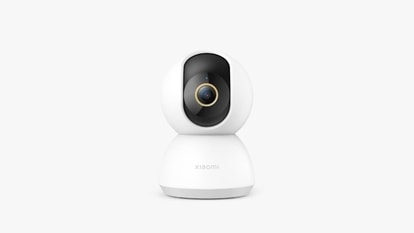Elon Musk-led Neuralink wins US FDA approval to test brain chips in humans
Elon Musk’s Neuralink, a company focused on implantable brain-computer interfaces, has received the US FDA's approval to conduct its first human trials.


In 2016, Elon Musk, along with a team of seven scientists and engineers launched Neuralink. The neurotechnology company has been developing implantable brain-computer interfaces (BCIs). For the unaware, these are microchips, ranging between 4 to 6 nanometers wide, which are attached to the brain to heal certain disabilities and genetic diseases. Now, the US Food and Drugs Administration (FDA) has approved Neuralink's demand to conduct its first tests on humans.
These brain chips are said to improve the condition of people suffering from vision and mobility disorders using neural links between the brain and the body part. In 2019, Neuralink demonstrated a monkey playing the game "Pong" using the Neuralink implant. The company received praise for creating a wireless technology that was capable of building neural networks capable of undertaking sophisticated tasks.
Taking to Twitter, the official handle of Neuralink posted, “We are excited to share that we have received the FDA's approval to launch our first-in-human clinical study! This is the result of incredible work by the Neuralink team in close collaboration with the FDA and represents an important first step that will one day allow our technology to help many people. Recruitment is not yet open for our clinical trial. We'll announce more information on this soon”.
Neuralink receives approval for human testing
Neuralink's device works in a unique way where a robot surgically inserts a device into the brain that can then decode some brain activity and connect the brain signals to computers and other machines. For example, those paralyzed below the neck could, in theory, use the interface to manipulate their physical environment, as well as to write and communicate.
The approval for Elon Musk's brain company comes after a rejection earlier, according to a Reuters report in March. It appears that despite the approval this time around, Musk does not have plans to immediately recruit participants for human trials.
The chips have been tested in monkeys so far in limited capacity and it remains to be seen how it can affect the brains of humans which are far more complex. Some experts have also raised ethical and technical questions about the company and have advised not to bring the technology to wider testing till it can consistently demonstrate reliable and efficient performance over a long period of time.
Catch all the Latest Tech News, Mobile News, Laptop News, Gaming news, Wearables News , How To News, also keep up with us on Whatsapp channel,Twitter, Facebook, Google News, and Instagram. For our latest videos, subscribe to our YouTube channel.


























